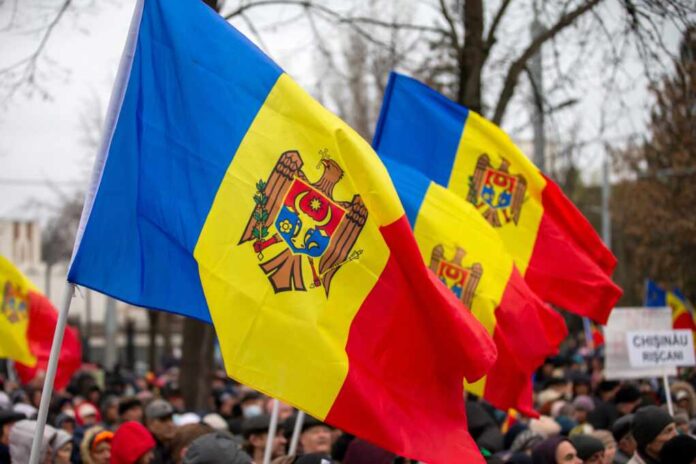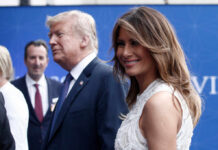
Radical new election interference tactics threaten to undermine democracy in Eastern Europe, exposing the dangers of unchecked foreign influence and government overreach.
Story Snapshot
- Moldova’s pro-EU party secured victory despite large-scale Russian interference and destabilization efforts.
- Russian-backed disinformation, cyberattacks, and financial corruption targeted the election process.
- The outcome shapes Moldova’s future with the EU and highlights the fragility of democracies facing outside threats.
- International observers validated the results but warned of persistent interference risks.
Escalating Russian Interference: A Warning for Democratic Sovereignty
On September 28, 2025, Moldovans went to the polls in an election that became a battleground for outside influence, with Russia deploying a coordinated campaign of disinformation, cyberattacks, and financial manipulation to sway the outcome. Despite these threats, the pro-European Party of Action and Solidarity (PAS) emerged victorious, securing a clear majority and reaffirming its commitment to EU integration. The scale and sophistication of Russian interference, including direct attempts to corrupt voters and disrupt the democratic process, raised alarm bells across Europe and among defenders of free societies.
Prime Minister Dorin Recean and President Maia Sandu, both leading figures of PAS, faced unprecedented challenges from pro-Russian actors and rogue oligarchs determined to undermine Moldova’s Western trajectory. Russian networks funneled illicit funds into the country, targeting vulnerable communities and exploiting economic hardships to fuel anti-EU sentiment. Cyberattacks struck government infrastructure and spread false narratives, seeking to delegitimize the election and erode trust in institutions. Moldovan law enforcement agencies responded by exposing these schemes and securing polling stations, even as bomb scares and threats attempted to intimidate voters and officials.
Watch:
Moldova’s Struggle: A Microcosm of Regional Geopolitical Warfare
Moldova’s election is the latest front in a broader contest between the values of Western democracy and the authoritarian ambitions of Russia. The country’s location between Ukraine and Romania, and its unresolved Transnistria dispute, make it especially vulnerable to hybrid tactics that blend economic pressure, media manipulation, and direct political subversion. Russian interference in Moldova mirrors similar patterns seen in Ukraine and Georgia, where Moscow has long sought to destabilize reformist, pro-Western governments. The persistence of such attacks demonstrates the urgent need for robust defenses of national sovereignty and transparent, accountable electoral systems.
The PAS victory, while a testament to democratic resilience, does not eliminate the threat. Moldova’s society remains divided, with pro-Russian opposition groups capitalizing on economic grievances and promising closer ties with Moscow. The emergence of new parties and ongoing protests underscore the fragility of reform efforts. International observers validated the election results but cautioned that continued vigilance is necessary to prevent further subversion. As Moldova moves forward, its experience serves as a cautionary tale for nations confronting foreign manipulation and the erosion of public trust.
Implications for U.S. Conservatives
For American conservatives, Moldova’s experience carries urgent lessons. Unchecked foreign interference and weak borders can destabilize democracies, erode sovereignty, and threaten core national values. The coordinated use of disinformation, financial corruption, and cyberattacks in Moldova reflects the very dangers many Americans fear when it comes to globalist agendas and lax enforcement at home. As the U.S. restores strong leadership under President Trump, the imperative is clear: defend the Constitution, uphold election integrity, and confront any threat—foreign or domestic—that seeks to undermine the will of the people and the rule of law.
Efforts by law enforcement and civil society in Moldova highlight the importance of transparency, accountability, and robust institutional safeguards. While the PAS victory marks a win for those seeking closer ties with the West, it also exposes the ongoing risk posed by adversaries willing to exploit weaknesses in democratic systems. Moldova’s story is a timely reminder that freedom is never guaranteed and must be actively protected against both internal decay and external aggression.
Sources:
Wikipedia: 2025 Moldovan parliamentary election
https://www.aljazeera.com/news/2025/9/29/moldovas-pro-eu-party-wins-election-hit-by-russian-interference-claims

























